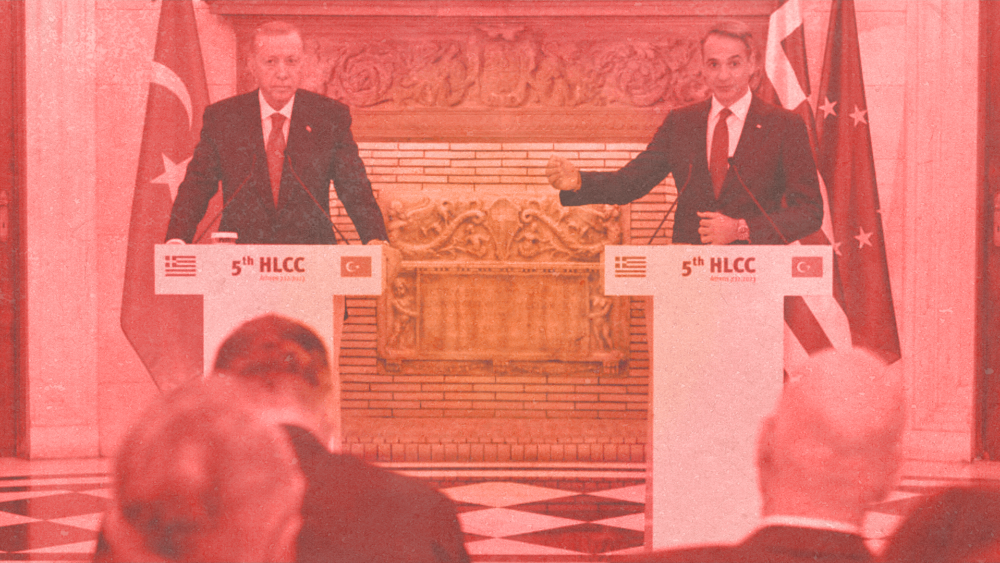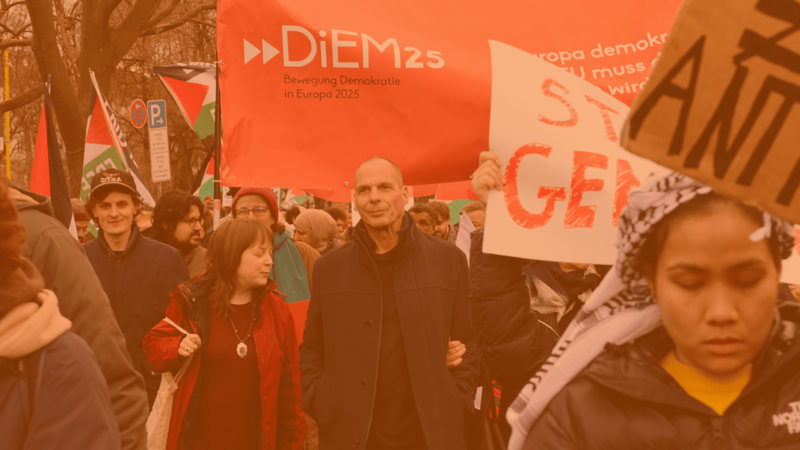We would very much like to share Greek prime minister Kyriakos Mitsotakis’ joy at the rapid improvement in relations with Turkey following Recep Tayyip Erdoğan’s visit to Athens. Of course, the lull in relations between the two countries is a positive step and benefits both peoples. This is beyond dispute.
But we cannot fail to point out that the shift between calmness and tension in Greek-Turkish relations is always on the sole initiative of Turkey and Erdogan, and always according to the interests of their own foreign policy and their own geostrategic objectives.
Today, unfortunately, the balance of power between Greece and Turkey is tilting dangerously in favour of the latter, which has unfortunately managed to gain influence throughout the Eastern Mediterranean, from Syria and Afghanistan to Azerbaijan. Today, Erdogan feels powerful and estimates that reconciliation and understanding with Greece are in his interest. If tomorrow he judges otherwise, he will have no problem changing tactics.
In this setting, Greece is the permanent, loyal and predictable ally of NATO, following its “yes to everything” policy, from the handing over of the bases in Souda and Alexandroupolis to the support of the genocide of the Palestinians by the murderer Benjamin Netanyahu. It is disappointing, to say the least, at a meeting with international appeal, to hear the demand for Palestinian independence and the Gaza death count of 17,000 from the lips of Erdogan (who also has blood on his hands), while the Greek prime minister cannot utter a single word about them.
On the contrary, Mr Mitsotakis’ reference to “bilateral negotiations” was extremely concerning. We have consistently argued from the outset that the Greek government should convene an International Regional Conference of all Eastern Mediterranean countries on the delimitation of Exclusive Economic Zones and continental shelves throughout the region. The aim of this conference will be to discuss the disagreements in order to arrive at multiple jointly agreed bilateral delimitations that will allow for a common appeal to the International Court of Justice in The Hague with a request to jointly adjudicate any disputes in pairs.
Such a conference excludes arbitrators, minimises tensions and allows for the the separation of EEZ and continental shelf from other bilateral issues, while forcing Turkey to engage in dialogue if it does not want to be isolated.
Do you want to be informed of DiEM25's actions? Sign up here










